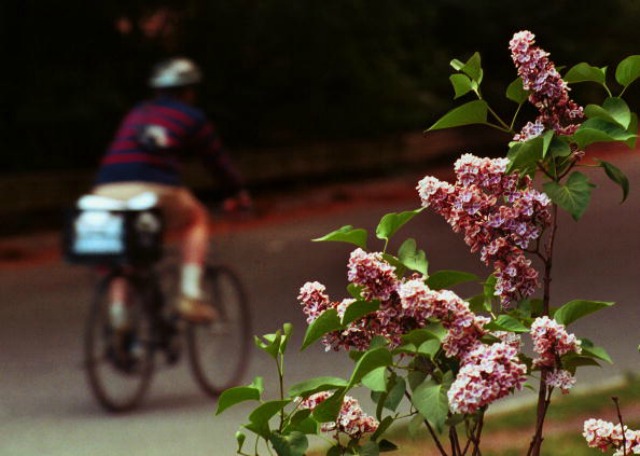All This Record Warm Weather Is Terrible News For Allergy Sufferers
By Stephen Gossett in News on Feb 23, 2017 4:27PM

Getty Images / Photo: Chris Hondros
Nearly a full week of above-60-degree temperatures? More 70-degree days than any February in nearly 150 years? However you choose to frame the recent stretch of winter-in-name-only, at this point we might officially be more freaked out than enthusiastic. And if you’re an allergy sufferer, you probably feel the same way.
According to doctors, the recent patch of early spring has brought with it the early arrival of allergy season. People allergic to mold and tree pollen are suffering more thanks to the distressingly warm pattern.
“Studies have shown over time that with these prolonged warmer temperatures, you’re going to have a longer pollen season," Dr. Mary Tobin, Division Director of Allergy/Immunology at Rush University Medical Center, told Chicagoist. "So with this warm of weather in February, trees are budding, and earlier pollination leads to a longer season. Plus you have more pollen overall... People are going to have more symptoms."
More sufferers have been complaining of runny noses, itchy eyes and other allergy symptoms earlier than usual, Tobin said.
A study by the World Allergy Organization in 2015 found that, along with air pollution, "gross changes" in the environment explain a dramatic increase in allergic airway diseases. Allergists have recently witnessed an increase of respiratory disease and increases in symptoms from people who never before had seasonal allergies, Tobin said.
In addition to pollen, mold is another concern. And while spore counts have so far been low, such unseasonable warmth can still contribute to symptoms, Dr. Joseph Leija of Gottleib Memorial Hospital told NBC. And going outside or opening windows tends to only exacerbates things.
Allergy specialists note that another snow or frost would help alleviate the early onset of the allergy season. We're expected to see some snowfall this weekend, and temperatures finally returned to the 40s on Thursday. But even a relative chill and more precipitation won't be a panacea.
"It will slow it down, but it won’t turn it off," warns Tobin.
So if the potential damage to apple crops and the (reportedly realized) threat of mosquitoes hasn't soured you on the sunshine, try not to look too excited when you're around your allergy-suffering pals.